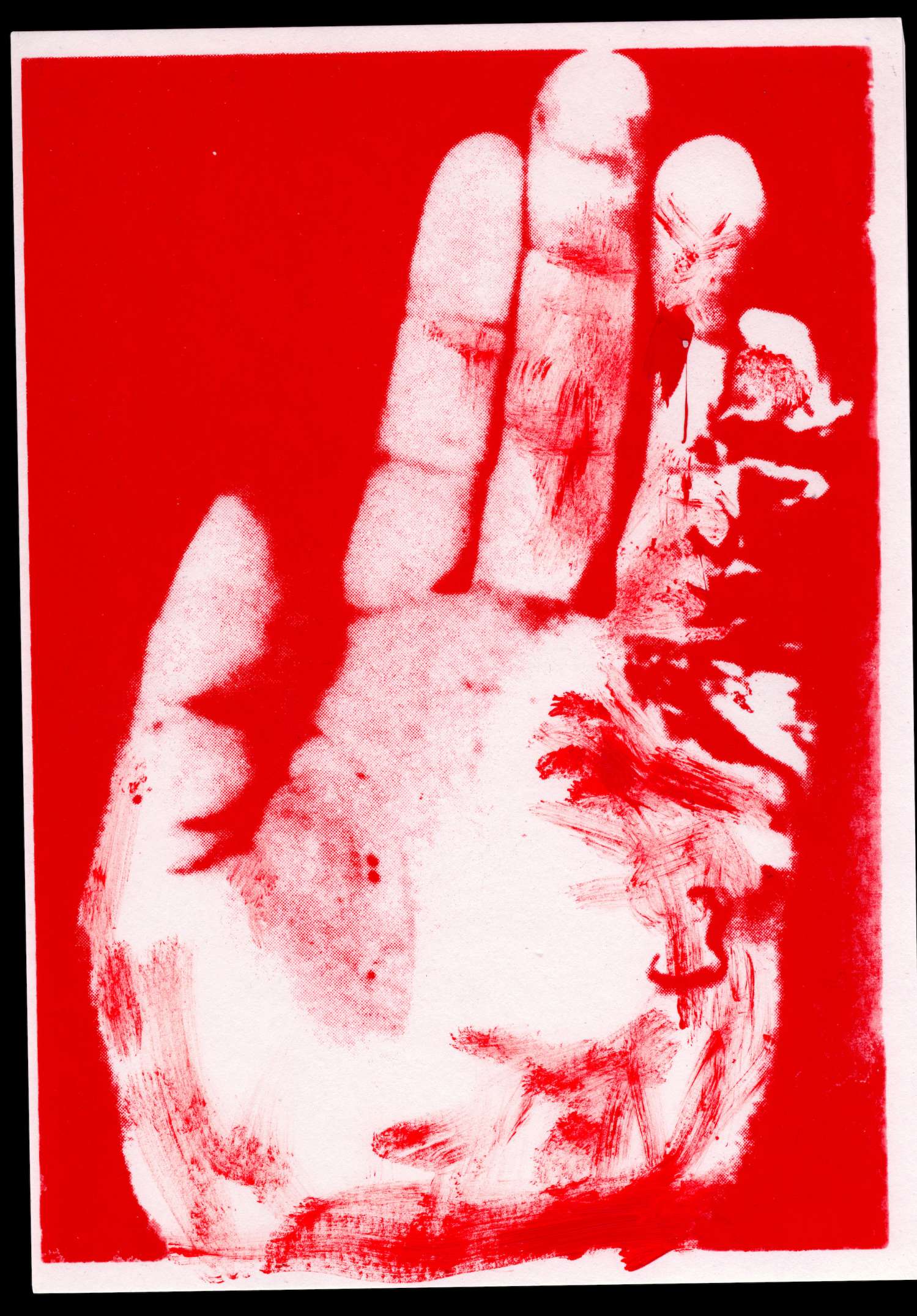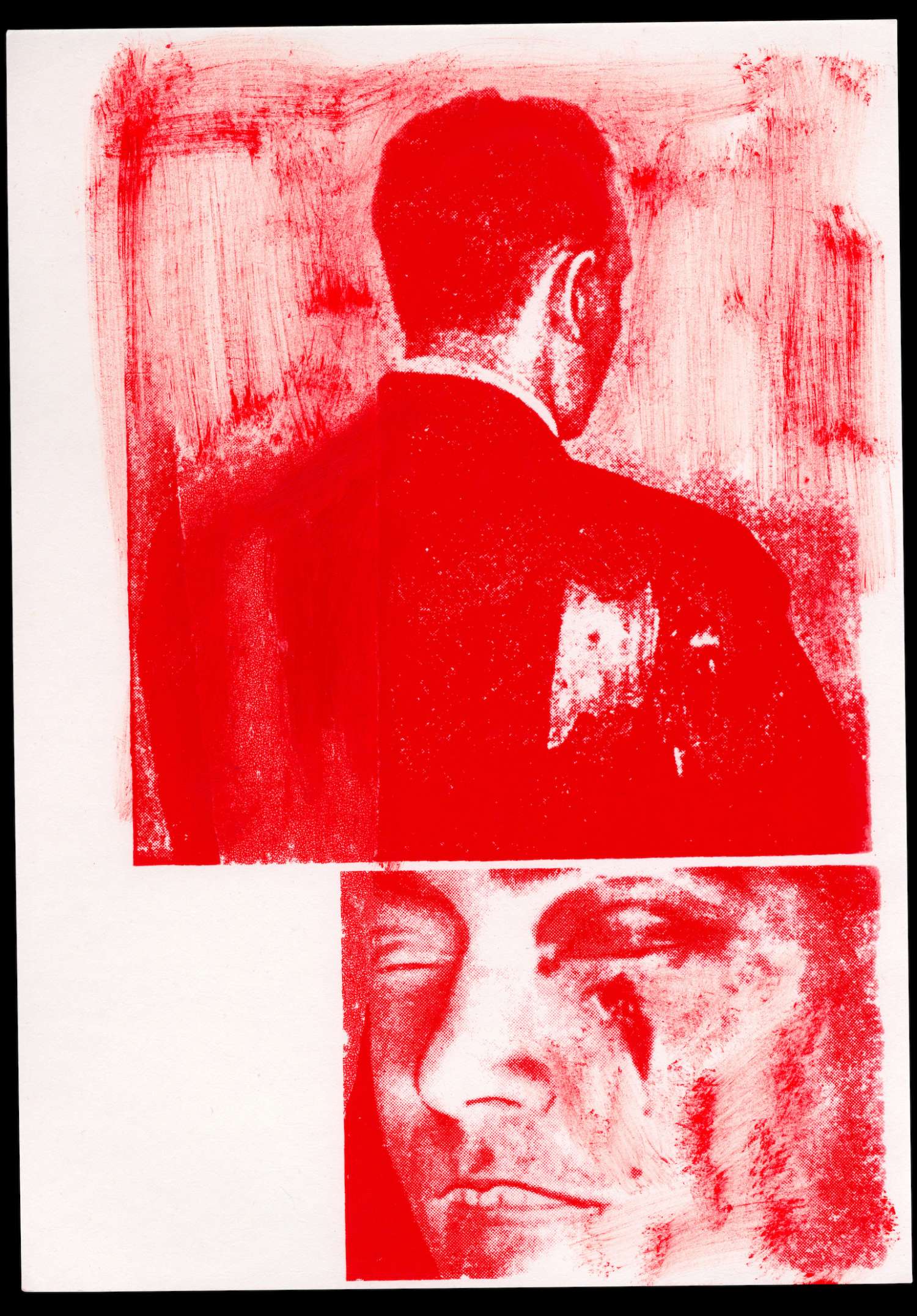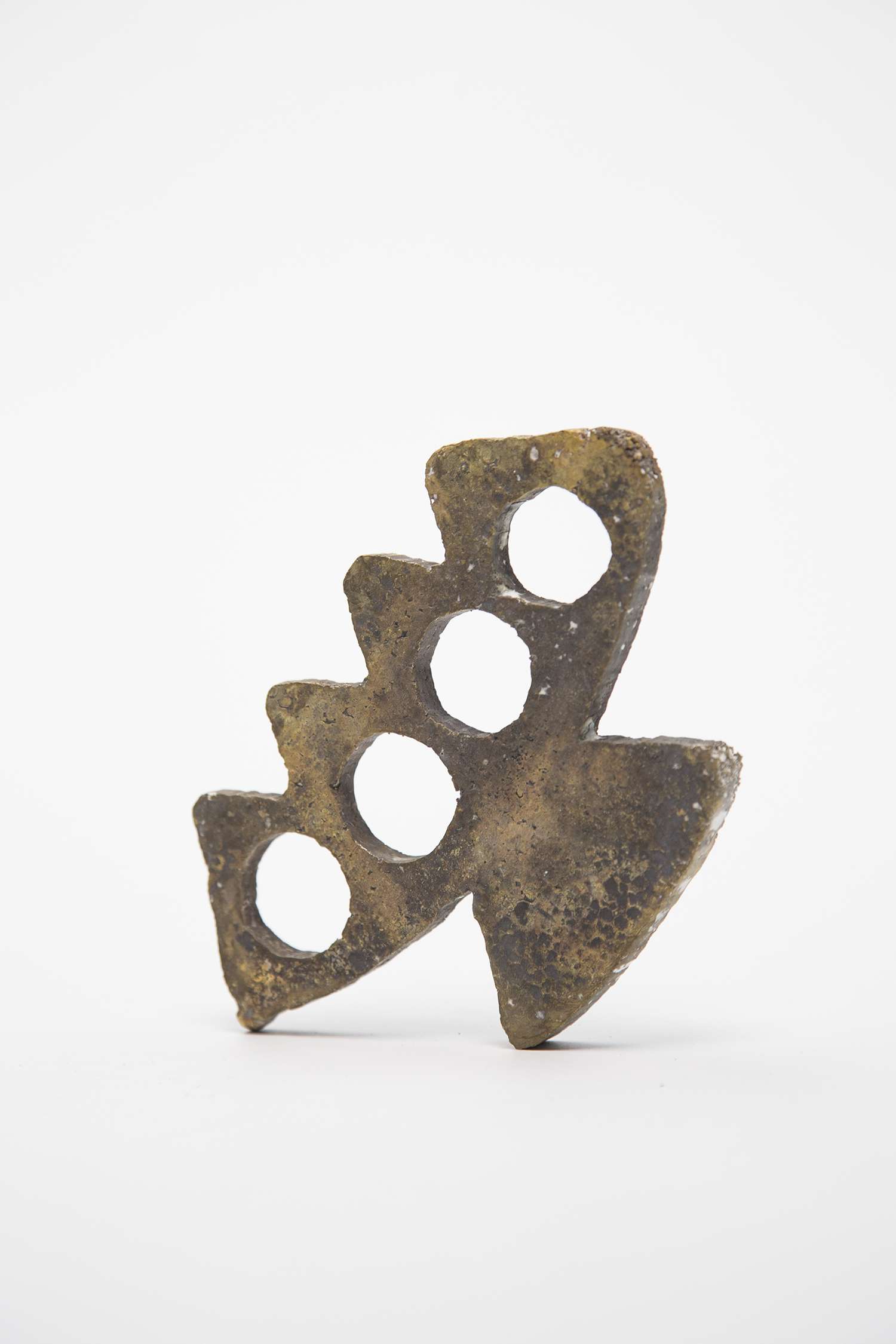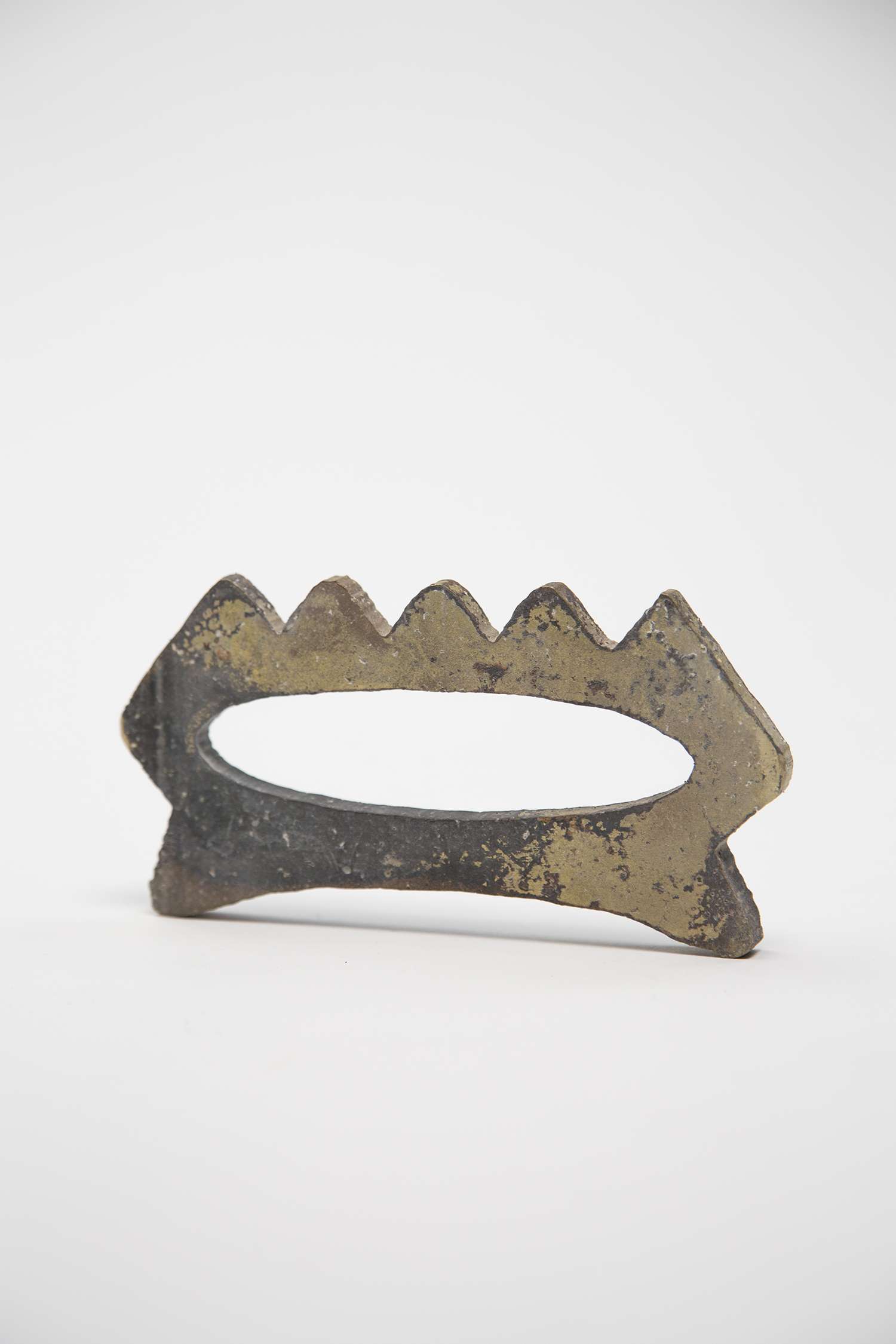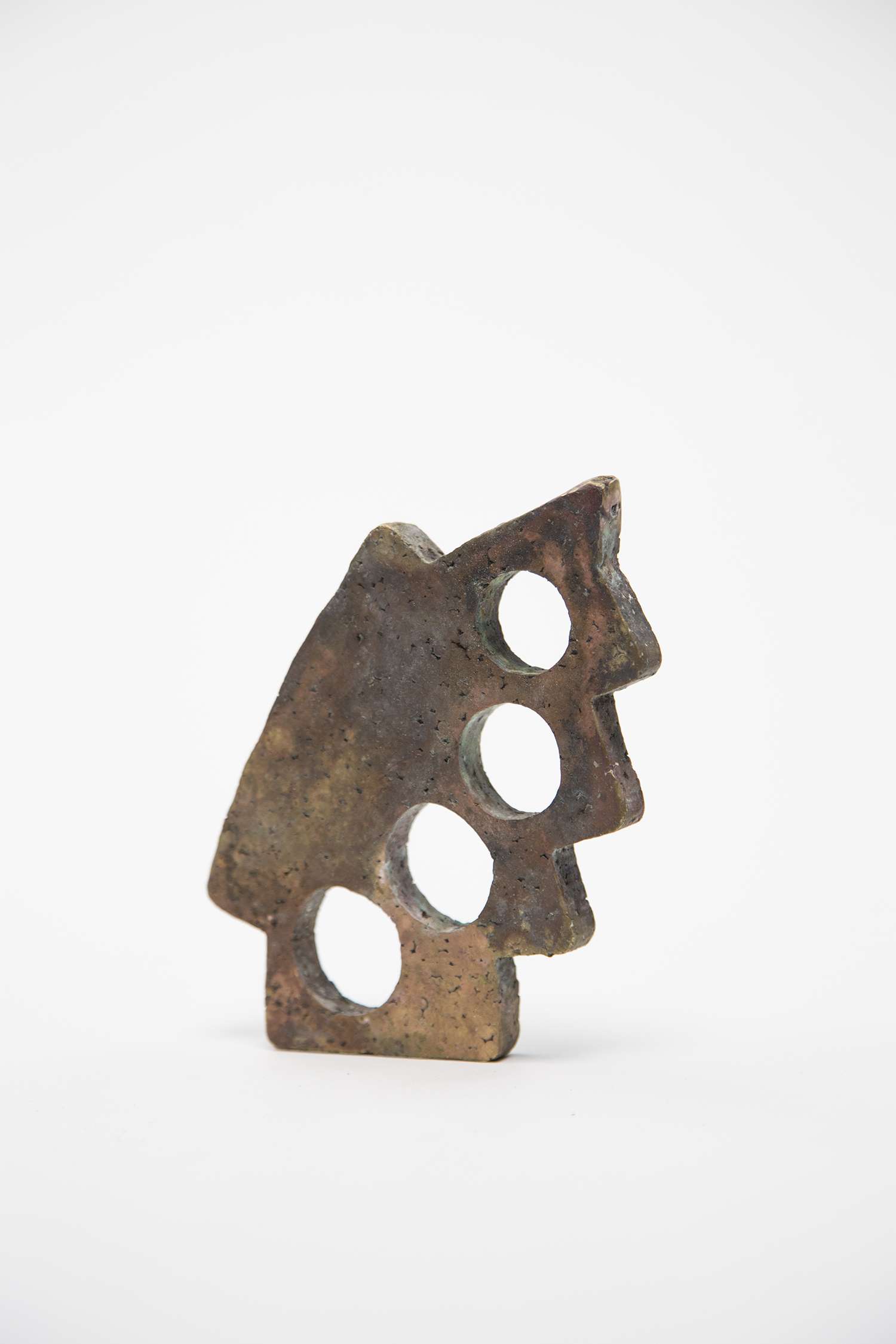Restless Bodies at NOME gallery Berlin
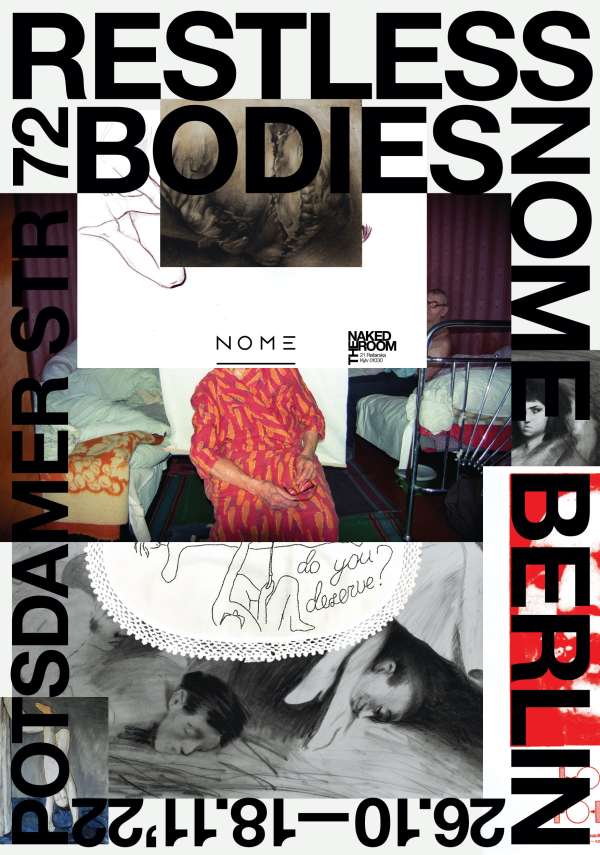
THE NAKED ROOM and Nome are pleased to announce Restless Bodies, a group exhibition with works by artists from TNR’s program:
For this show, Lizaveta German and Maria Lanko, curators and founders of The Naked Room, have chosen a work by Nikita Kadan (*1982) as the starting point and key work. Kadan’s Mutilated Myth combines documentation of the 1941 Lviv Pogrom with visual quotations from Bruno Schulz’s Book of Idolatry. The series’ primary source materials are blurry archival photographs of the pogrom, which Kadan paints at a monumental scale.
Katya Libkind (*1991), who works as a curator and an assistant for people with Down syndrome, addresses one of the most-tabooed aspect of their life: sex. Her drawings oscillate between pleasure, manipulation, desire, and violence, thereby opening the same question for the viewer of her works. Alina Kopytsa (*1983) uses her sexual practices, both experimental and intimate, as a plot for cartoon-like embroideries. She employs used textiles that often retain memories of these experiments and populates them with heroes and texts evoking a play of power, domination, and vice at once pleasurable and painful.
Sasha Kurmaz (*1986) presents a series of screen printed images taken from pictures in forensics books. Formalized and displayed as posters, the injured bodies appear uncannily seductive. Paired with bronze objects reminiscent of ancient treasures, which are in fact the artist’s depictions of knuckles, they invite the viewer to take a stance. Krystyna Melnyk’s (*1993) lefkases also recreate images of wounded bodies, yet in a very subtle manner. She extracts fragments and transfers them on wooden boards in the ancient icon-making technique of lefkas that evokes fragility of Christ's body.
Kateryna Lysovenko’s (*1989) subjects are neither anonymous, nor disguised—they are the victims of the Russian invasion of Ukraine. Struck by numerous images of tortured bodies that arrive from the front and de-occupied territories, the artist adopts them for her disturbing compositions. Alexander Chekmenev’s (*1969) documentary photo series Passport depicts the elderly and immobile people of the Ukrainian city of Lugansk, who were subdued into a brutal passportisation procedure in the mid-90s. Entering into their homes to capture their portraits, the artist discloses the institutional power over a body and its “natural” decomposition.
Thank you for subscribing!
